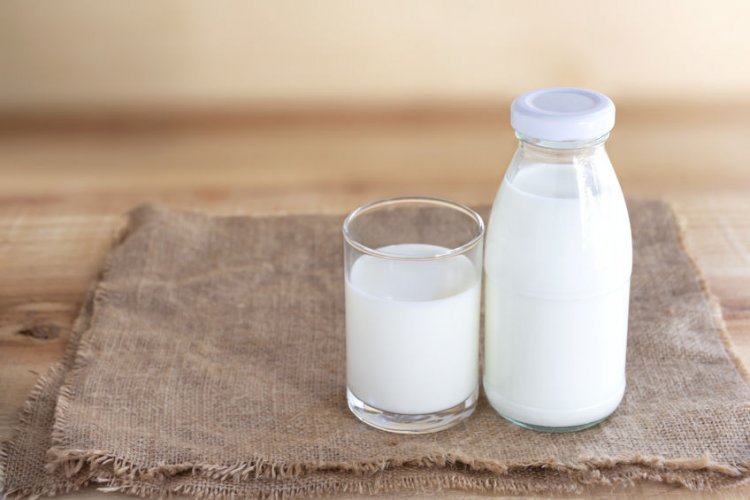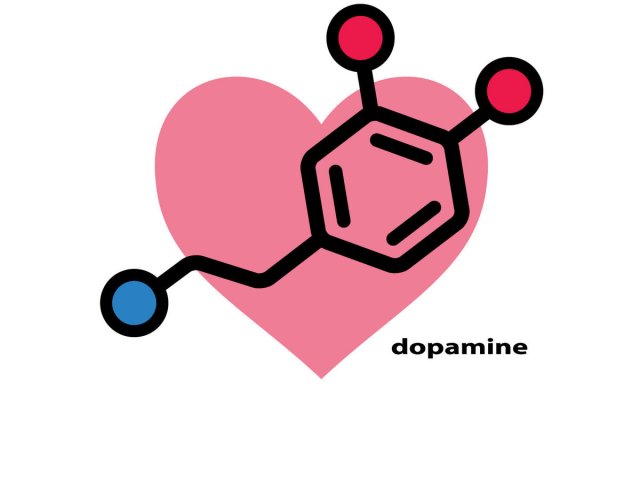Today, June 1st, is World Milk Day — an observance day established by the Food and Agriculture Organization of the United Nations to celebrate milk's vital role as food consumed around the world.
According to the UN, milk and dairy have high potential to improve nutrition and life conditions of hundreds of millions of poor people across the world. Milk and dairy are consumed by over six billion inhabitants of our planet. Milk contains calcium, magnesium, selenium, riboflavin, Vitamin B12 and pantothenic acid (Vitamin B5), all of which the human body needs.
However, in some countries, such as China, milk is not as highly valued as it is in Europe and the US, especially by the older generation. Dairy is also avoided in Japan and Vietnam. Not all people can drink cow's milk without negative health effects, lactose intolerance being common in Asian countries. Those suffering from allergies are also advised against milk.
There are multiple alternatives to cow’s milk today: soy milk, coconut milk, almond milk, etc. How nutritious these products are is a subject of a major separate discussion. As for cow's milk, humans first included it in their diets over seven thousand years ago. The tradition of drinking cow’s or goat's milk formed over millennia and remains strong in many countries.
It is always a matter of personal choice whether to have milk in one’s diet or not. The same applies to the choice of any particular producer.
“The question is: Can you tolerate lactose? What fat content do you prefer? How long are you going to store the product? Most food products today have multiple components. For instance, many products that were traditionally produced using animal material contain plant-based components. If this matters for the consumer, they should read the label to find out what the product they are going to buy consists of. But again, no food product produced on an industrial scale by appropriate companies is a risk for our health,” Aram Galstyan, Member of the Russian Academy of Sciences, Director of the Russian Dairy Research Institute, said in an interview.
According to the scientist, one overarching issue for the dairy sector in Russia is to keep our national products – sour cream, cottage cheese, kefir, ryazhenka, etc. – alive. Our techniques, national starter cultures that have been used for centuries should be preserved with care, Academician A.G. Galstyan believes.
Photo: pongphoto9 / 123RF






















